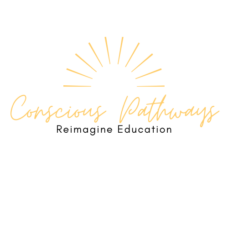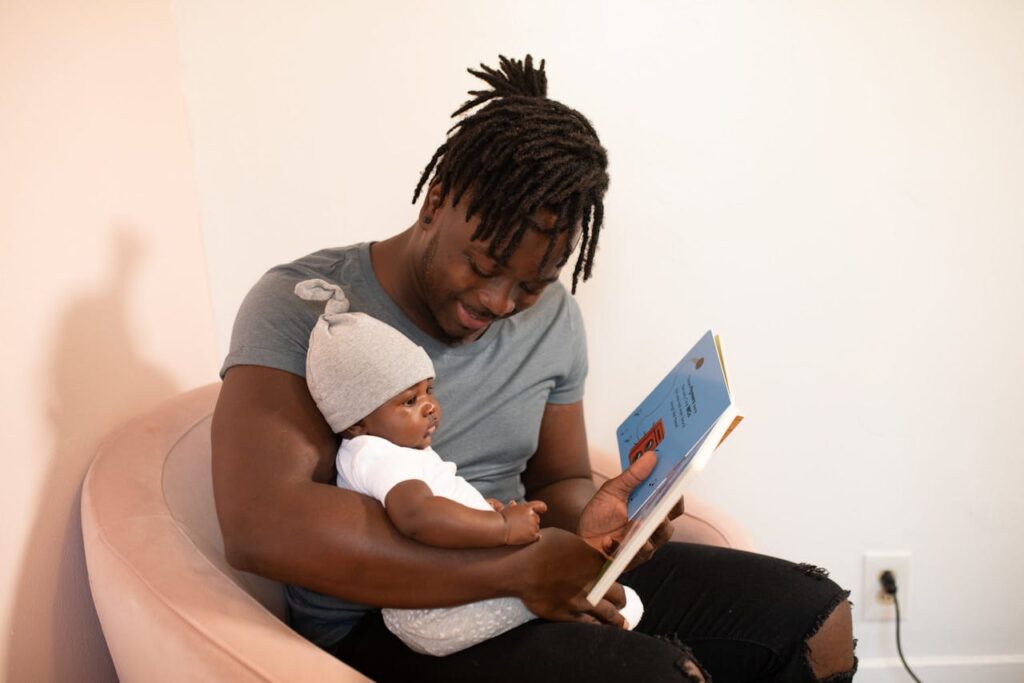Children’s literature has long been a gateway to the world beyond a child’s immediate surroundings. From the tales of whimsical creatures to stories that mirror their own lives, children’s books open doors to imagination, understanding, and empathy. But beyond the colorful illustrations and engaging narratives lies a deeper potential—children’s literature can be a powerful tool for fostering social justice and representation.
When we introduce young children to stories that reflect diverse experiences, we offer them a window into the lives of others, encouraging empathy and broadening their understanding of the world. Early childhood literature, when thoughtfully chosen and discussed, can plant the seeds of critical thinking and help children recognize and challenge inequality. Teaching social justice, community care, and anti-racism from a young age is crucial in early childhood education. Children are keen observers, absorbing the world around them and making sense of it through the stories they hear. By introducing them to books that tackle complex social issues, we can help them understand that fairness, kindness, and equality are values worth upholding.
We often underestimate children’s understanding of fairness. In early childhood, their logic tends to be very black or white. This straightforward thinking isn’t a limitation but rather an opportunity—it means we need to be intentional with our conversations. When reading with young children, I love to ask questions. This not only makes reading interactive but also models how we can question things in our day-to-day lives. I ask questions about how the characters might be feeling or thinking, especially when there is conflict in a book. These discussions set the stage for some very valuable social-emotional learning.
Generally, when we are reading with children, they are in a regulated state, ready to learn. This is the perfect time to introduce social justice concepts. It’s not about exposing children to topics they are too young to understand. Instead, we talk about concepts such as fairness, kindness, and being a good friend. As children grow, we can gradually introduce more complex ideas like inclusion and justice. This approach builds critical thinking skills from an early age, equipping children to question and advocate for change as they grow older.
Children’s literature, when aligned with equitable funding and a commitment to diversity, offers a powerful means to support children’s freedom dreaming—their ability to envision and work towards a more just and inclusive world. Analyzing books with depth—going beyond the surface of the story to explore the characters’ experiences, the challenges they face, and the lessons they learn—can support a child’s understanding of complex issues. For instance, a story about a child facing discrimination can open up discussions about race, equality, and anti-racism in an age-appropriate way. These discussions not only promote awareness but also empower children to think critically about the world they live in.
Following children’s interests when selecting books is another key strategy in teaching children about diversity and representation. When we engage young children with literature that reflects the diversity of human experience, we are not just telling them stories—we are helping to shape their worldview, teaching them to value others, and giving them the tools to be compassionate, thoughtful members of society.
For a deeper dive into how children’s literature can support social justice, I invite you to listen to the latest episode of my podcast, Conscious Pathways, where I sit down with children’s author Gwendolyn Wallace to discuss this very topic. You can also stay connected by subscribing to my newsletter, Pathways of Promise, for more insights and resources on early childhood education and social justice.
Additionally, I’ve curated several book lists on my Bookshop.org page featuring titles that support social justice learning for all age ranges. When you purchase books through my links, I make a small commission, which helps support my work. The beauty of Bookshop.org is that you can also choose a local bookshop in your area to support with your purchase, making it a win-win for everyone!

